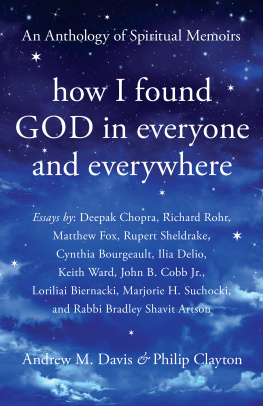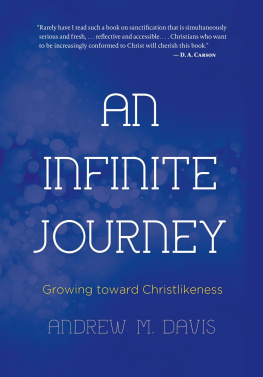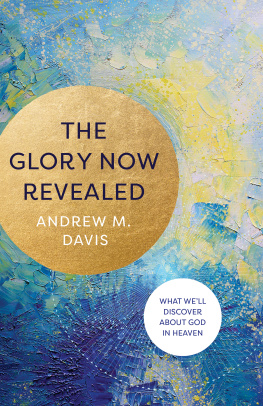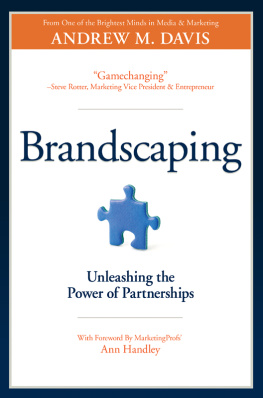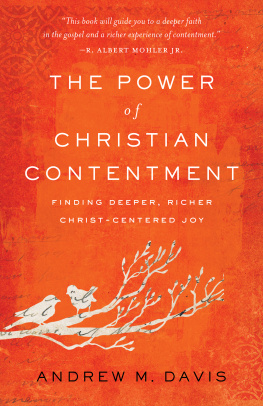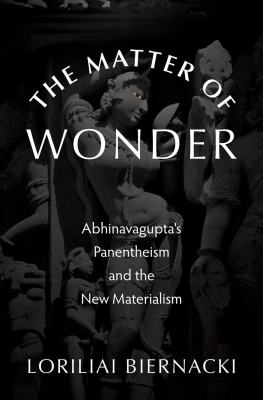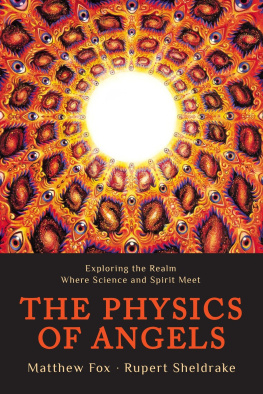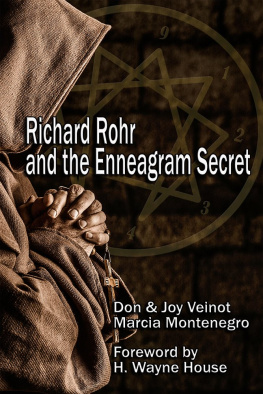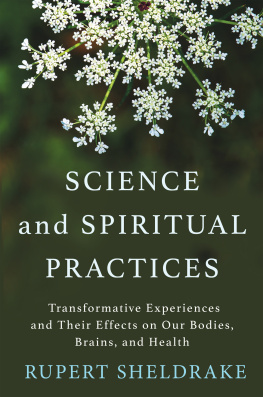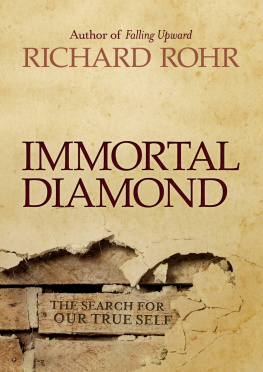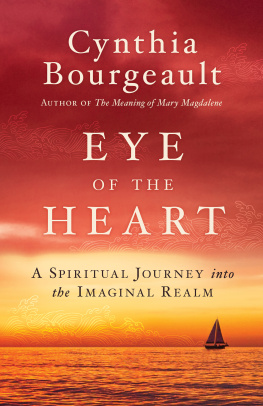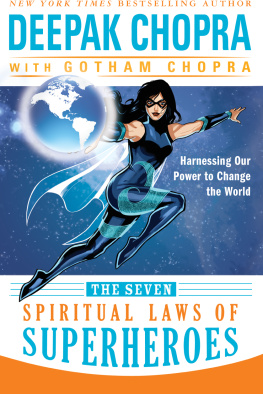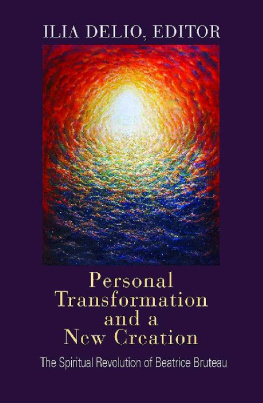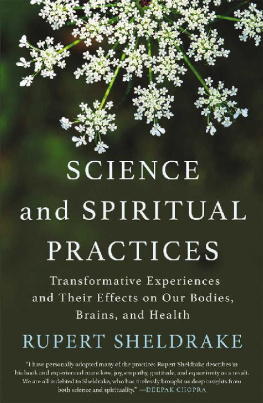
Contents

Contents
More Advance Praise for
How I Found God in Everyone and Everywhere: An Anthology of Spiritual Memoirs
This passionate and captivating book is a collection of inspiring spiritual memoirs told by many eminent scholars and spiritual leaders of our day. Capturing the many twists and turns of human experience, these memoirs movingly illuminate the many spiritual and intellectual questions which shape the journey to God, and beyond, in the 21st century.Scholars, religious leaders, students, and interested seekers will find inspiration and challenge in these narratives.
The Rev. Dr. Sheryl A. Kujawa-Holbrook, dean of the faculty, Claremont School of Theology; and author of God Beyond Borders: Interreligious Learning Among Congregations
What a world we live infilled with believers, nonbelievers, and the vast majority who are somewhere in between. We inbetweenersyearn to find Godor something like Godin the here and now of daily life, in the garbage and, yes, the flowers. It helps if we have stories from others: people who likewise struggle and somehow find their way into a God of tenderness and creativity, of struggle and peace, of faith and doubt. They become our mentors, evoking and inspiring us with an invitation to seek God on our own terms, too, and in our own way. This marvelous anthology can do just that. Read carefully and freely, with a relaxed grasp, and let the stories take you on a journey well worth the walking.
Jay McDaniel, founder of Open Horizons and author of Gandhis Hope: Learning from the Worlds Religions as a Path to Peace
This is a book for people who, in spite of themselves, cannot stop dreaming about God. Unwilling to dismiss their dreams as mere wishes, to discount their imaginations as pure fantasy, they seek words and concepts by which they may begin to think and talk their way back to God after God. In How I Found God in Everyone and Everywhere , readers get to meet a rich array of others on their own versions of this spiritual journey beyond the dead-end.
Rabbi James Ponet, emeritus Jewish chaplain and Divinity School lecturer, Yale University
Davis and Clayton are ontological trail guides. They have gathered the stories of an impressive array of theological and spiritual leaders who discovered a living and credible God after the God of old had died for them. It turns out that God was not dead after all. God is hidden where we least expect itin butterflies and hospital beds, waterfalls and embodied rage, in the messiness and mysteriousness of our own real life experience. These guides know. They point to and describe a God who is with us.
Frank Rogers Jr., director of the Center for Engaged Compassion at the Claremont School of Theology, and author of Practicing Compassion
How I Found God in Everyone and Everywhere Copyright 2018 by Andrew M. Davis and Philip Clayton
All rights reserved. No part of this book may be used or reproduced in any manner without written permission from the publisher except in critical articles and reviews. Contact the publisher for information.
Cover design by Nita Ybarra
Interior design by Colin Rolfe
Paperback ISBN: 978-1-939681-88-1
eBook ISBN: 978-1-939681-89-8
Library of Congress Cataloging-in-Publication Data
Names: Davis, Andrew M., 1987- editor. | Clayton, Philip, 1956- editor.
Title: How I found God in everyone and everywhere: an anthology of spiritual memoirs / [edited by] Andrew M. Davis & Philip Clayton.
Description: Rhinebeck, New York: Monkfish Book Publishing Company, 2018.
Identifiers: LCCN 2018010751 (print) | LCCN 2018010938 (ebook) | ISBN 9781939681898 (ebook) | ISBN 9781939681881 (pbk.: alk. paper)
Subjects: LCSH: Pantheism. | Panentheism. | Spiritual biography.
Classification: LCC BL220 (ebook) | LCC BL220 .H69 2018 (print) | DDC 204--dc23
LC record available at https://lccn.loc.gov/2018010751
Monkfish Book Publishing Company
22 East Market Street, Suite 304
Rhinebeck, New York 12572
USA (845) 876-4861
www.monkfishpublishing.com
God is dead or so it seems to usuntil, round the next bend in the road, we find [God] again, alive. Once again [God] makes [the Divine Self] known, in spite of all that we have left behind on the road, all that was only a viaticum for one stage of our journey, all that was only a temporary shelter till we had to make a fresh start
Henri de Lubac
To be on a journey is to be in movement. Moving from place to placethere is change in such a life. A journey is a process that involves our whole being. It involves our feet as well as our minds and our heads. A journey involves following a path or a way. To be on a journey is not to be wandering aimlessly, though there may be times when it feels like that; people have gone on this journey before us, and there is a trail, a path, a way that we are called to.
Marcus J. Borg
Acknowledgments and Dedication
Two longstanding interests have converged in the emergence of this volume: a desire to both engage todays fresh and dynamic understandings of God and also peer into the personal, spiritual, and intellectual journeys which underlie their discovery. These two interests are grounded in the basic conviction that w hat one affirms about the divine and how they have come to this affirmation, are holistically entangled. The personal, albeit intellectual, approach of Marcus Borg, coupled with Richard Kearneys notion of anatheism (returning to God after God), formed the backdrop and initial stimulus for the project. I remain indebted to the influence of these men in the final arrival of this volume.
Grateful thanks are of course due to many:
To Philip Clayton, my advisor and co-editor, who received my initial idea and invitation to the volume with enthusiasm and encouragement. Partnership with Philip continues to be nothing short of inspirational. I remain grateful for his model scholarship and mentorship. Without his willingness and collaboration, this volume would have never been developed. To Stephanie Londono, whose encouragement to stop reading and start writing was well taken and whose hours of faithful conversation underlie the vision of these pages. To Malcom Oliver II, loyal conversation partner and valued friend. To the respected contributors, who welcomed the vision and themes of this volume and whose personal reflections and journeys comprise the flow of its chapters. To Paul Cohen and the skillful editorial team at Monkfish, for seeing both the potential and value of the volume for todays changing spiritual climate. To both my father, Reed C. Davis, and my brother, Ben C. Davis, whose support and love I have never doubted.
Finally: to my beloved mother, Bonnie J. Davis, whose humor, wonder and faith will always be the foundation of my own and whose encouragement and excitement for this volume made it worth pursuing, even if she were the only one to ever read it. Succumbing to breast cancer at age 63 took that opportunity from her. It is to her life and legacy that I lovingly dedicate this volume; and it is Whiteheads words which always bring her to mind: It is characteristic of the learned mind to exalt words. Yet mothers can ponder many things in their hearts which their lips cannot express. These many things, which are thus known, constitute the ultimate religious evidence, beyond which there is no appeal.
Andrew M. Davis
Claremont School of Theology
August 2018
Introduction: The Journey Ahead

